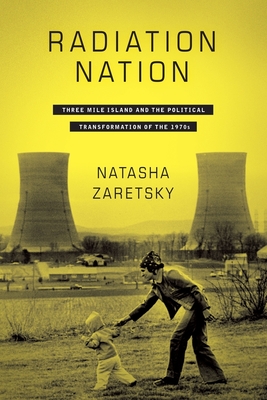Expedite your nonfiction book discovery process with Readara interviews, summaries and recommendations, Broaden your knowledge and gain insights from leading experts and scholars
In-depth, hour-long interviews with notable nonfiction authors, Gain new perspectives and ideas from the writer’s expertise and research, Valuable resource for readers and researchers
Optimize your book discovery process, Four-to eight-page summaries prepared by subject matter experts, Quickly review the book’s central messages and range of content
Books are handpicked covering a wide range of important categories and topics, Selected authors are subject experts, field professionals, or distinguished academics
Our editorial team includes books offering insights, unique views and researched-narratives in categories, Trade shows and book fairs, Book signings and in person author talks,Webinars and online events
Connect with editors and designers,Discover PR & marketing services providers, Source printers and related service providers

Radiation Nation: Three Mile Island and the Political Transformation of the 1970s
History > United States - 20th Century
- Columbia University Press
- Paperback
- 9780231179812
- 8.9 X 6 X 0.6 inches
- 0.9 pounds
- History > United States - 20th Century
- (Single Author) Asian American
- English
Readara.com
Book Description
Drawing on the testimony of the men and women who lived in the shadow of the reactor, Radiation Nation shows that the region's citizens, especially its mothers, grew convinced that they had sustained radiological injuries that threatened their reproductive futures. Taking inspiration from the antiwar, environmental, and feminist movements, women at Three Mile Island crafted a homegrown ecological politics that wove together concerns over radiological threats to the body, the struggle over abortion and reproductive rights, and eroding trust in authority. This politics was shaped above all by what Zaretsky calls biotic nationalism, a new body-centered nationalism that imagined the nation as a living, mortal being and portrayed sickened Americans as evidence of betrayal. The first cultural history of the accident, Radiation Nation reveals the surprising ecological dimensions of post-Vietnam conservatism while showing how growing anxieties surrounding bodily illness infused the political realignment of the 1970s in ways that blurred any easy distinction between left and right.
Author Bio
I was born in San Francisco in 1970, and my parents were activists in the antiwar, New Left, and feminist movements of the era. Many of the questions that I pose as a historian emerged out of the contradictions that shaped my childhood. I came of age in a family, community, and city that embraced the social and cultural transformations of the 1960s. But as I grew up, I watched as the political culture of the United States became polarized and as new forms of social and economic inequality took hold.
I arrived at the University of Alabama in the Fall of 2019 after almost two decades of teaching at Southern Illinois University-Carbondale. Over the course of my teaching career, I have taught courses in contemporary US history, US and the World, the histories of women, gender, and the family, modern lesbian and gay history, and American Studies. Many of my students come from rural, conservative backgrounds and have arrived at the university against considerable odds. Their life stories and perspectives have challenged me to develop more nuanced understandings of contemporary liberalism and conservatism that move beyond accounts of polarization and the culture wars.
I live in Homewood with my husband, two children, and a mutt named Ruthie.
Education
- B.A., University of California at Santa Cruz, American Studies
- M.A., Brown University, American Studies
- Ph.D., Brown University, American Studies
Source: The University of Alabama at Birmingham
Videos
No Videos
Community reviews
No Community reviews

